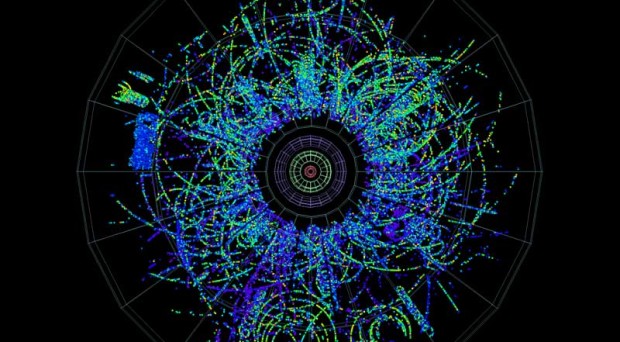
The great 18th century mathematician the Marquis de Laplace once joked that if only he could know the precise location in time and space of every particle in the universe he could predict the future forever. Such a feat may be logistically impossible, but scientists have never had reason to doubt the theoretical validity of the boast. That may be about to change, following the publication of a hugely important new paper in the latest issue of Zeitschrift für Physik.
Über den anschaulichen Inhalt der quantentheoretischen Kinematik und Mechanik is the latest contribution to the fast-developing field of quantum physics by Dr Werner Heisenberg of Göttingen. The world as seen by quantum physicists is a strange one in which the familiar comforts of Newtonian physics give way to a cloudy reality dominated by probability and abstract mathematics – a world very difficult for the non-mathematician to picture. In asking himself what an ‘intuitive’ picture of the quantum world would look like, Dr Heisenberg comes to a startling conclusion – that the position and momentum of a given particle cannot ever be known precisely, and that in fact Laplace’s joke is theoretically forbidden by the laws of quantum physics. Should this ‘Uncertainty Principle’ be confirmed then the very idea of a wholly deterministic universe is over, and scientists must accept that nature places fundamental limits on what we can measure.
“God does NOT play dice”
Once again Dr Heisenberg rejects simple descriptions of the world in favour of an abtruse mathematical approach.
Ha – interesting. Nobel laureate Gerard ‘t Hooft continues to go from one opinion to the other on this fundamental question of determinism.